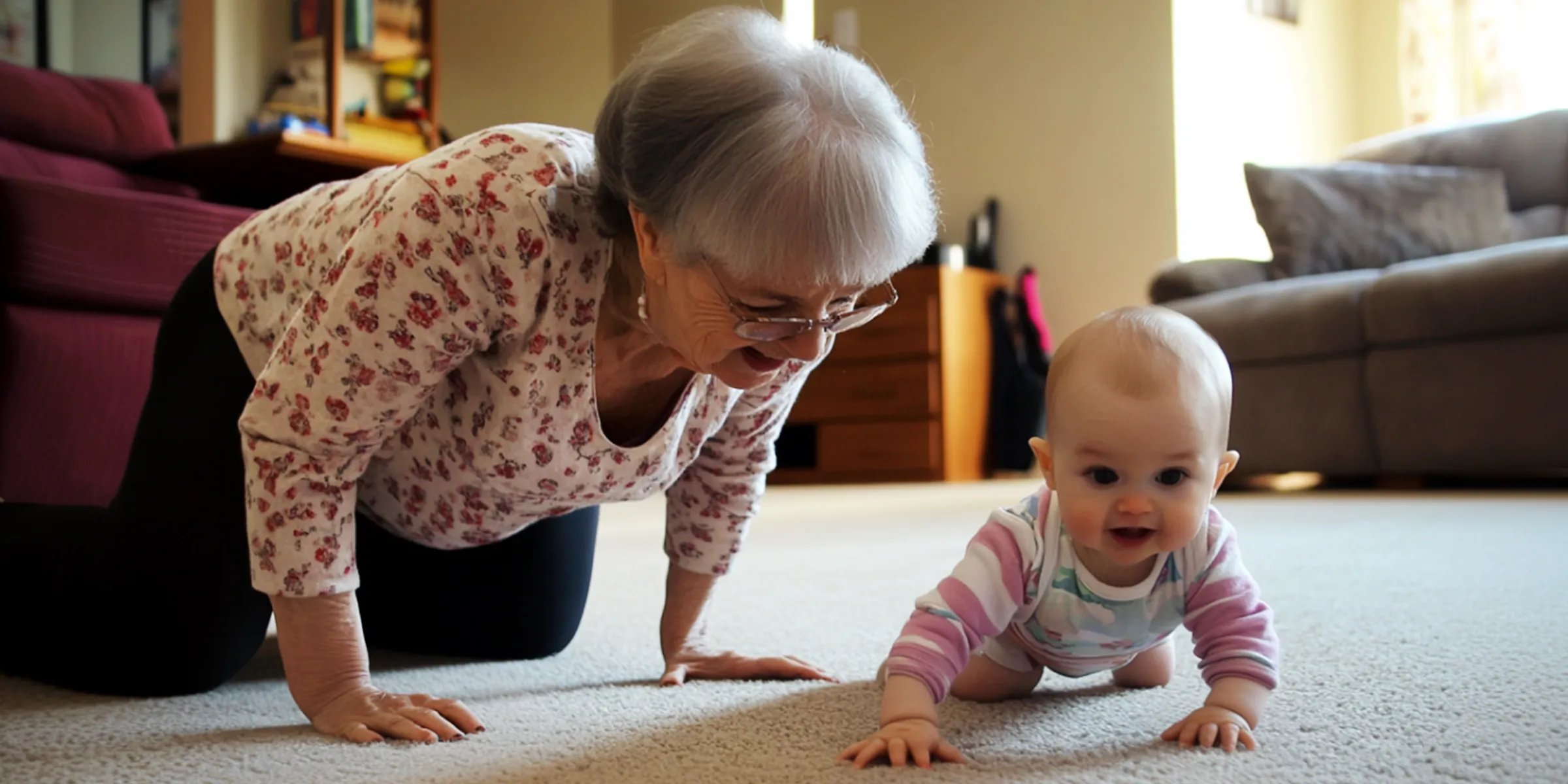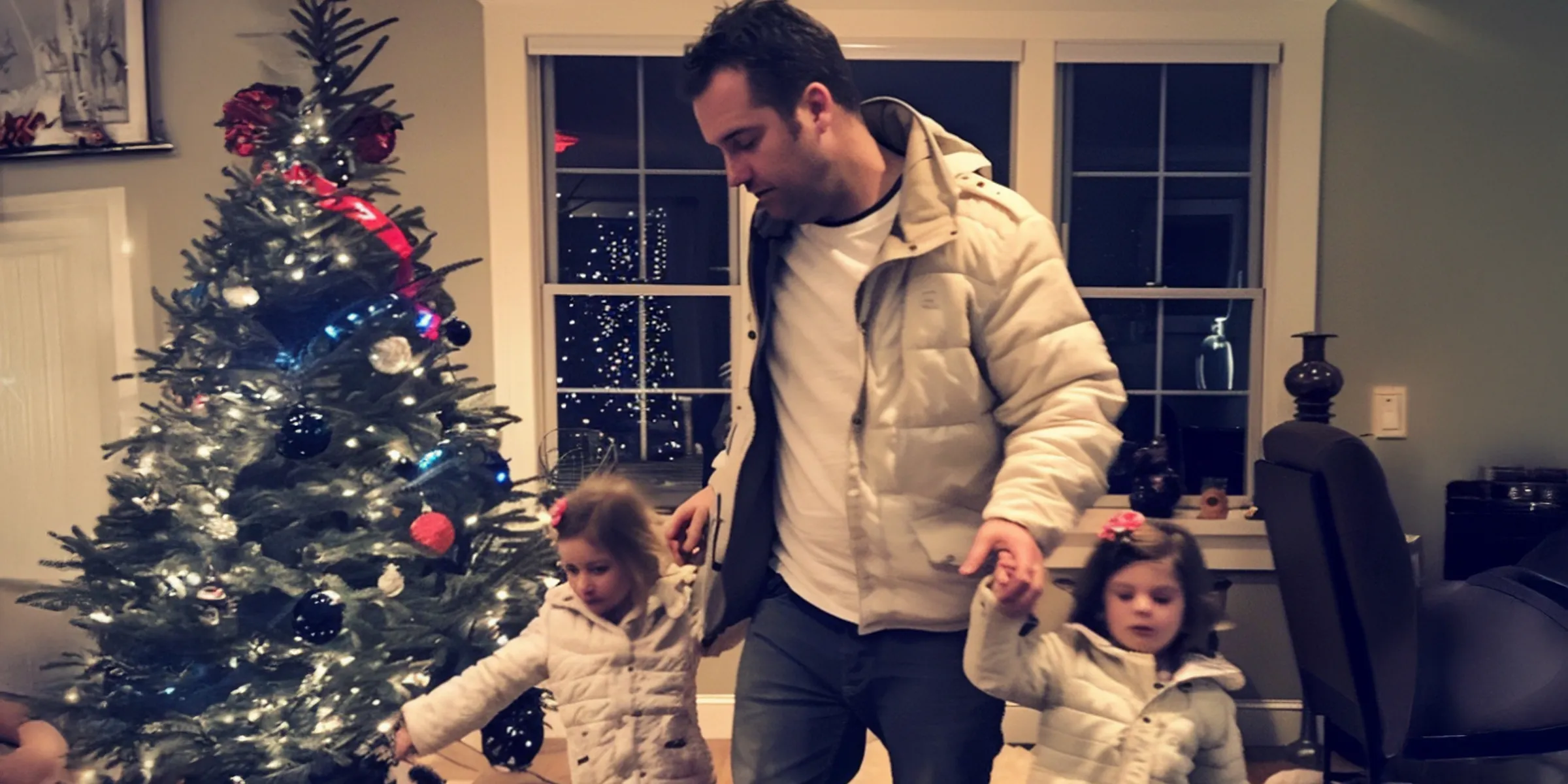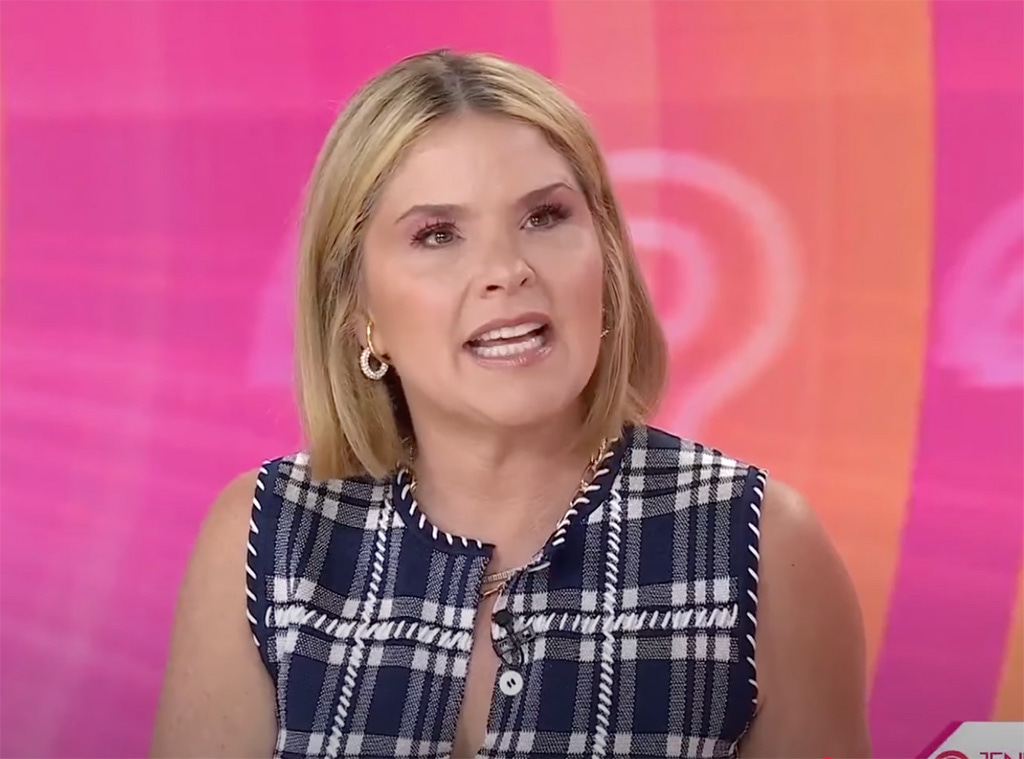I Refused to Be My Mom’s Free Nurse — But She Flipped the Script
Balancing Parenthood and Elder Care Is Driving Families to Their Limits
Juggling the demands of raising children while simultaneously looking after aging parents is pushing many families to their emotional and financial breaking points. Between school pickups, job pressures, and urgent medical issues, the expectation to manage everything—often without compensation or assistance—is leading more people to speak out. As exhaustion becomes more common, uncomfortable questions are emerging about what it truly means to support family. One reader recently reached out to Bright Side to explain why she refused to care for her mother unless she was paid.
Nancy’s Story:
Dear Bright Side,
My name is Nancy, I’m 35 years old and a single mother to three young children—ages 7, 3, and just 6 months. My 74-year-old mother has been living in our home rent-free. In exchange, she used to watch my children while I worked. However, after she suffered a serious fall, she became unable to move around much and could no longer assist me.
She was against the idea of living in a nursing home, so instead of hiring professional help, I asked if she would be willing to pay me for the care I was providing. She became upset and told me, “I’m your mother—you owe this to me!”
Later that same evening, my son came running in, clearly distressed. I was shocked to learn my mother had contacted a care facility on her own, and arrangements were already underway to pick her up. But that wasn’t all.
To my disbelief, half the furniture in our home was gone. A moving truck had come earlier and taken everything that belonged to her, including items she had purchased when we moved in. Even my infant’s crib had disappeared—because it had originally been her gift.
When I called her, confused and upset, she said, “This is what you get for being ungrateful! I took care of your children for years. And now that I’m no longer useful, you want to cast me aside?”
From my point of view, I don’t believe I was being unreasonable. I’m already responsible for three young kids. It’s not fair for me to also become someone’s unpaid nurse.
I believe the least she could do is offer financial support. After all, nothing in this world comes without a cost.
Am I truly wrong for expecting some form of compensation?
—Nancy
Community Response and Guidance:
Nancy, thank you for opening up about something so intimate and emotionally charged. What you’re experiencing goes beyond the question of caregiving—it’s about broken trust, an unexpected rupture in your household, and a painful collision between duty, resentment, and generational roles.
Here are four different approaches you might consider as you move through this complex and deeply personal situation:
1. Consider Professional Mediation with a Neutral Facilitator
This situation has escalated into a high-tension conflict marked by dramatic actions and emotional strain. Bringing in a trained mediator—particularly one who understands eldercare issues—can offer both you and your mother the space to share your perspectives openly. Your mother may feel abandoned, while you’re carrying the weight of everything.
Mediation can help redefine expectations, caregiving roles, and emotional boundaries before further damage is done.
2. Clarify Ownership with Written Agreements and Records
The fact that your mother removed items like the baby crib—because she had originally purchased them—shows how blurred the lines of ownership had become in your shared living arrangement. To avoid similar confusion in the future, it’s essential to document which items are gifts, shared possessions, or personally owned assets.
This isn't about conflict—it’s about maintaining clarity and avoiding misunderstandings that can spark emotional fallout during hard times.
3. Frame Financial Help as a Cooperative Solution, Not a Demand
While your request for compensation was logical, your mother may have interpreted it as a rejection in her time of need. Rather than framing it as payment, consider proposing a shared solution: “If we bring in a part-time caregiver, we can split the cost—or if I provide care, I’ll need some financial help to make it sustainable.”
This shifts the tone from confrontation to collaboration, allowing her to retain a sense of dignity while still acknowledging your boundaries.
4. Establish Clear Boundaries Before Rebuilding the Relationship
Your mother has made a major decision by moving into a nursing home, signaling a major emotional break. If you choose to reconnect down the line, do so based on clear, firm boundaries. Any future involvement—be it financial, logistical, or emotional—should rest on mutual understanding and preferably, written agreements.
You have every right to protect your mental health and your children’s wellbeing. Rebuilding the relationship doesn’t have to mean returning to the same dynamics.
A Broader Pattern: When Generational Roles Shift
Nancy’s story is not unique. In another case, 64-year-old Katherine was preparing for retirement when her adult daughter asked her to postpone her plans and help raise her grandchildren. After much soul-searching, Katherine declined—and what happened next stunned everyone involved. Her choice to say no was met with unexpected consequences that reshaped her family dynamics.
These stories show a growing crisis of care—one that demands both compassion and boundaries. It’s okay to say no. It’s okay to ask for help. And it’s okay to protect your peace, even when love is involved.

















